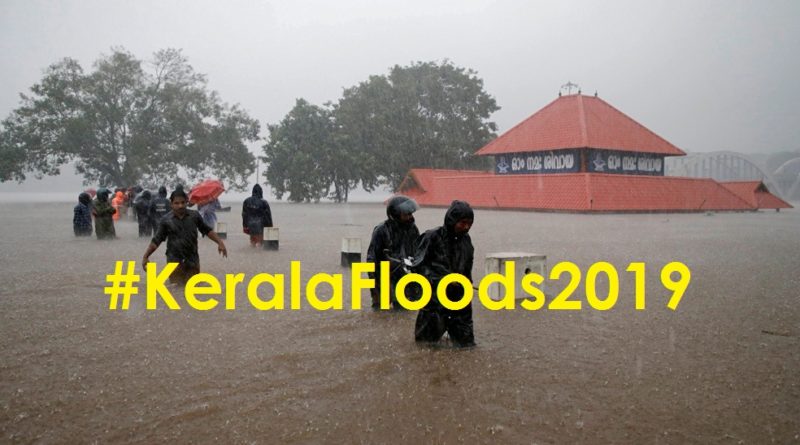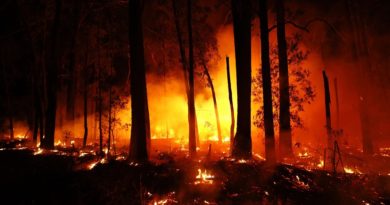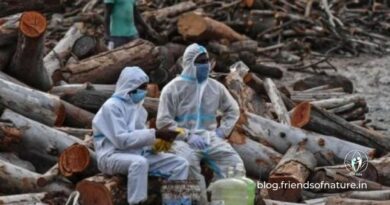Destruction in Kerala would have been limited if Gadgil report implemented: Experts
(PTI) The miseries and destruction caused by the rains and floods in Kerala would have been less severe if the government had taken the initiative to implement the recommendations made in the Gadgil Committee report on preservation of the Western Ghats, a noted environmentalist has said.
Ecologist Madhav Gadgil’s report had suggested checks on quarrying, discouraging cultivation of yearly crops on hill slopes and planting fruit-bearing tress there and restriction on construction in the area, according to Prof V S Vijayan, a former chairman of the State Biodiversity Board.
“Climate change is a reality and heavy rainfall leading to floods witnessed in Kerala and droughts would occur in future also,” Vijayan, also a member of the committee, told PTI.
“What we can do is to take precautionary steps to resist the impact of such calamities. In this regard, the recommendations of the Gadgil Committee are very important,” he said.
The committee recommendations were submitted in 2011 and if the government had started implementing it, the damage caused now could have been less than 50 per cent of what has happened, he said.
Advocating the implementation of recommendations in toto at least now, Vijayan said the main suggestion was to protect and preserve the Western Ghats as an ecologically sensitive zone.
“However, it was not possible to protect and preserve the whole of the Western Ghats as we need development also. So what is required now is to take development and conservation together,” he added.
The basic concept of the report was that development and conservation were not two conflicting things, he said.
Dismissing charges that the Gadgil report is “anti-development” and “anti-farmer”, he said it is a pro-development report to the core but it wanted development initiatives in the region to be carried out in a sustainable manner.
Vijayan said he had warned earlier that the extremely fragile Western Ghats region was prone to natural calamities and chances of an Uttarakhand-like tragedy in the region could not be ruled out. He said scientific conservation initiatives have to be implemented at the earliest.
Indiscriminate plundering of natural resources and illegal and unscientific constructions have made it geologically fragile, he added.
Those who are agitating against the Gadgil report should try to understand the facts first before making a hue and cry, he said.
The Gadgil Committee report had been a point of debate in the state ever since it was submitted with all major political parties showing reluctance in accepting and implementing the recommendations in toto following protests from local people in high range areas.
Business interests having stakes in granite quarrying, real estate, timber and tourism, who thrive in the biodiversity hotspot for decades, opposed the report.
The local people and those who oppose the report fear the implementation would result in large-scale displacement of small and marginal farmers settled on the slopes of the hill ranges.
Even the Kasturirangan report, which studied the recommendations of Madhav Gadgil report, has also not received total support.
Source: PTI




